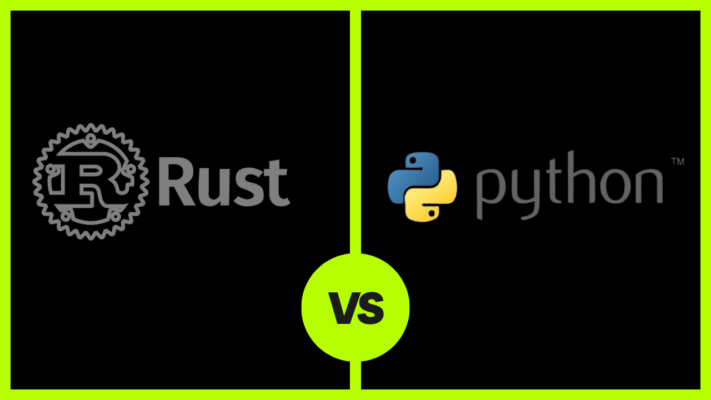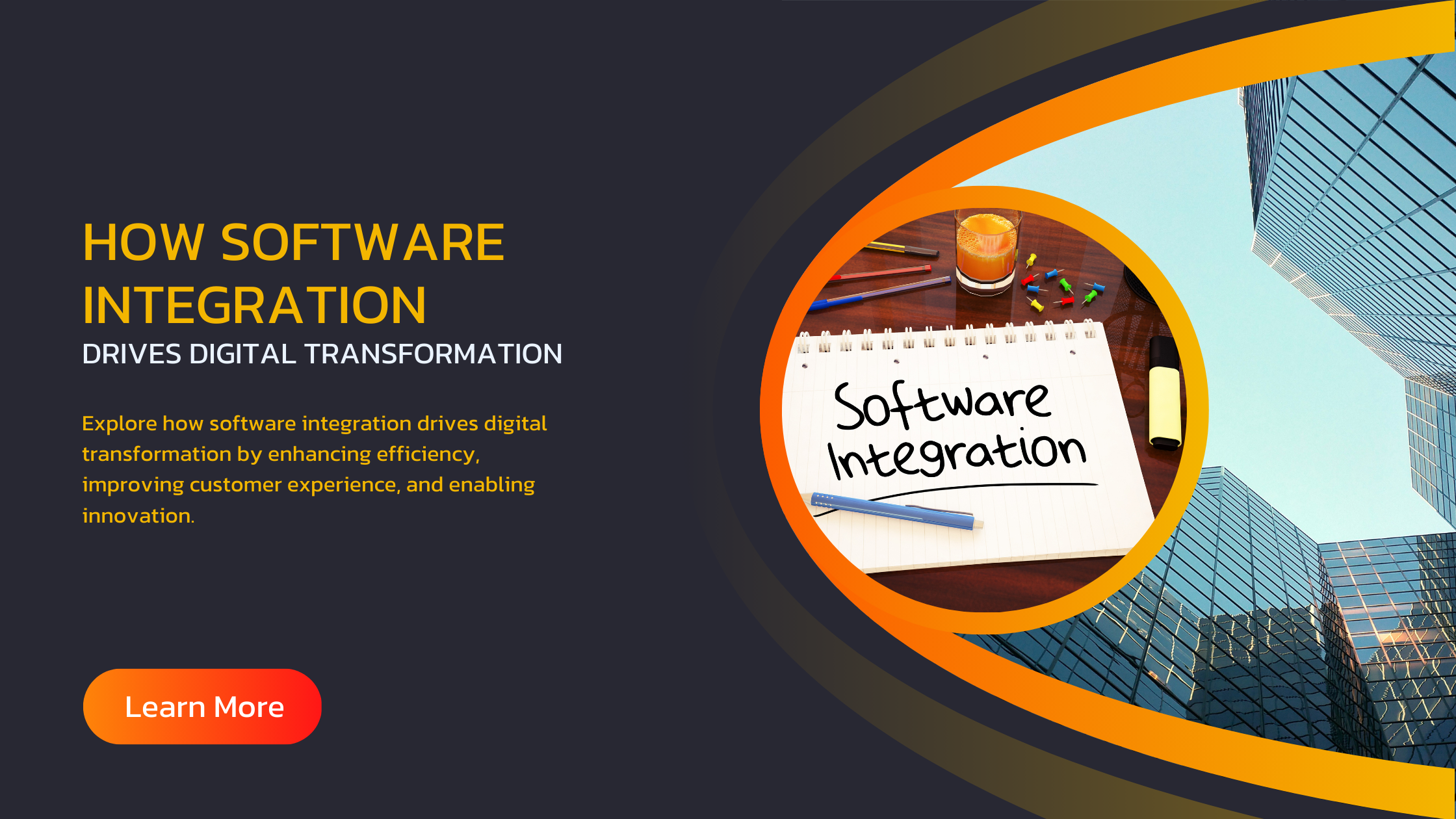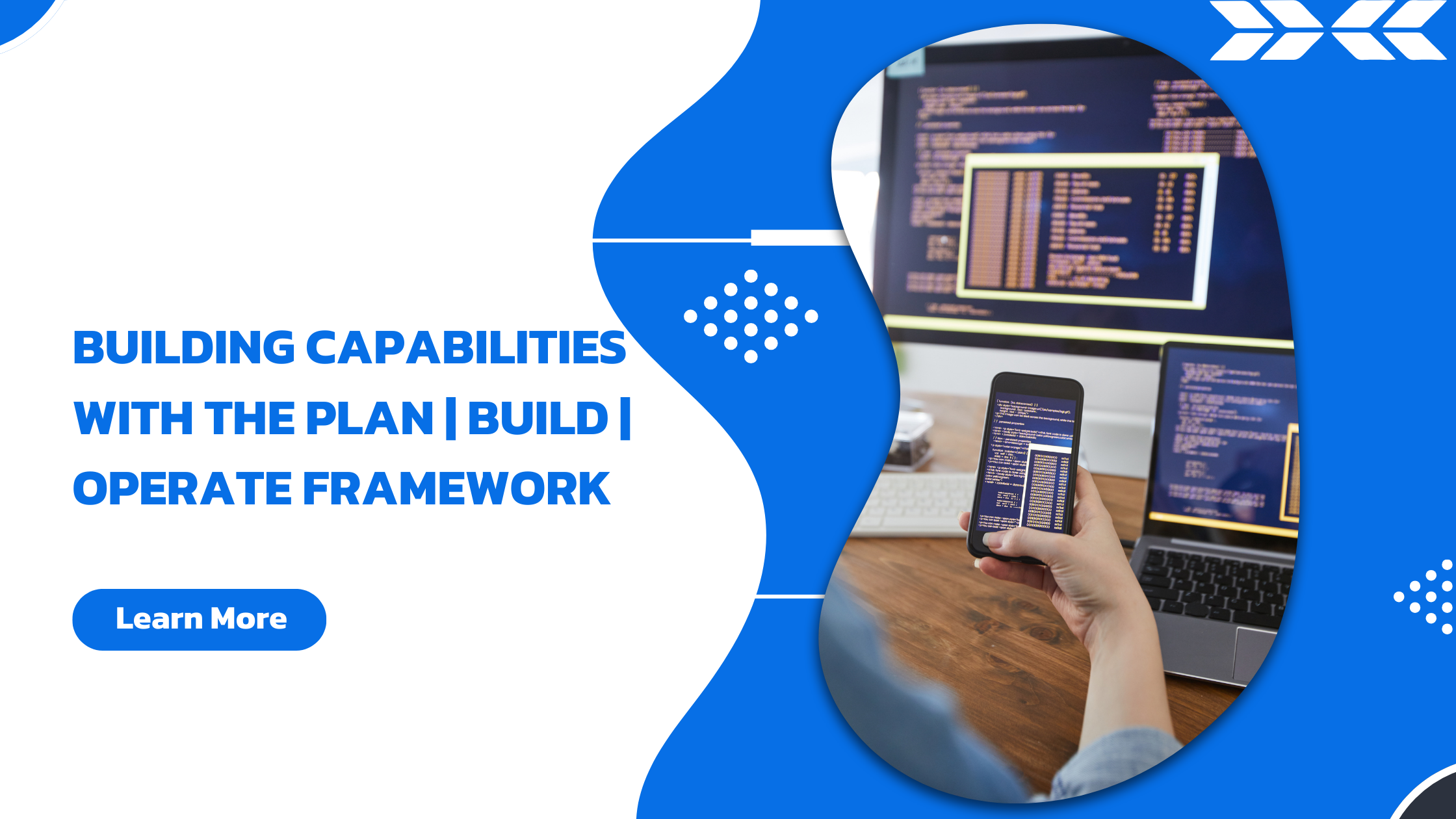
Choosing the right programming language for your project can be a daunting task. The decision between Rust vs Python often comes down to specific project requirements, such as performance, development speed, and ecosystem support. Both languages offer distinct advantages and are suited to different types of applications. This guide will provide an in-depth analysis of Rust vs Python, exploring their respective strengths, weaknesses, and ideal use cases to help you make an informed decision.
Introduction
In the rapidly evolving world of software development, the choice of programming language can significantly impact the success of a project. According to the 2023 Stack Overflow Developer Survey, Python is one of the most popular programming languages due to its simplicity and versatility. Rust, on the other hand, has been gaining traction for its performance and safety features. Both languages have their unique advantages and are well-suited to different types of applications.
This guide delves into the core aspects of Rust vs Python, providing a detailed comparison of their performance, ease of use, ecosystem, and typical use cases. By examining these factors, you will gain a clearer understanding of which language is best suited for your project’s specific needs.
Overview of Rust and Python
Rust: A Modern Systems Programming Language
Rust, developed by Mozilla, is a systems programming language designed to provide high performance and memory safety without a garbage collector. It was first released in 2010 and has since gained recognition for its innovative approach to memory management and concurrency. Rust’s key features include:
- Ownership Model: Rust’s ownership system ensures memory safety by enforcing strict rules on how memory is accessed and managed. This model eliminates common bugs such as null pointer dereferencing and data races.
- Concurrency: Rust’s concurrency model allows developers to write safe and efficient concurrent code. The language’s ownership system and type checking help prevent issues like race conditions and deadlocks.
- Performance: Rust compiles to native machine code, offering performance comparable to C++ and other low-level languages. This makes it ideal for performance-critical applications.
Rust vs Python: Rust’s emphasis on safety and performance makes it well-suited for systems programming, game development, and high-performance computing. Its robust concurrency model and zero-cost abstractions are particularly beneficial for applications that require fine-grained control over system resources.
Python: A High-Level, Versatile Language
Python, created by Guido van Rossum, is a high-level programming language known for its simplicity and readability. Released in 1991, Python has become one of the most widely used languages in the world. Its key features include:
- Readability: Python’s syntax is designed to be clean and easy to read, which promotes code readability and maintainability. This makes Python an excellent choice for both beginners and experienced developers.
- Extensive Libraries: Python has a rich ecosystem of libraries and frameworks that support a wide range of applications, from web development to data science.
- Interpreted Language: Python is an interpreted language, which allows for rapid prototyping and development. While this can impact performance, Python’s ease of use and extensive libraries often outweigh this drawback.
- Rust vs Python: Python’s versatility and extensive library support make it ideal for rapid development, web applications, data science, and automation. Its simplicity and ease of learning make it a popular choice for projects that prioritize development speed and flexibility.
Performance Comparison
Rust’s Performance Advantages
In the Rust vs Python debate, Rust is often highlighted for its superior performance capabilities. Rust’s performance is achieved through several key features:
- Compiled Language: Rust compiles directly to native machine code, which allows it to run with high efficiency and low overhead. This is particularly advantageous for performance-critical applications.
- Zero-Cost Abstractions: Rust’s abstractions, such as its ownership model and type system, do not incur runtime costs. This means that developers can use high-level constructs without sacrificing performance.
- Memory Management: Rust’s ownership model ensures memory is managed safely and efficiently, without the need for a garbage collector. This results in predictable performance and reduced overhead.
Industry Stats and Reports
According to a 2023 Forrester report, Rust’s performance metrics are competitive with other systems programming languages like C++ and Go. Additionally, the 2023 Stack Overflow Developer Survey highlights Rust’s growing popularity among developers for performance-sensitive applications. Rust’s performance advantages make it a strong candidate for systems programming, game development, and real-time applications.
Python’s Performance Considerations
While Python is known for its ease of use and versatility, it generally has lower performance compared to compiled languages like Rust. Key factors affecting Python’s performance include:
- Interpreted Nature: Python is an interpreted language, which introduces additional overhead compared to compiled languages. This can lead to slower execution times for certain types of applications.
- Global Interpreter Lock (GIL): Python’s Global Interpreter Lock can limit the performance of multi-threaded applications by preventing multiple threads from executing Python bytecode simultaneously.
- Optimizations: Performance bottlenecks in Python can often be mitigated through various strategies, such as using optimized libraries or integrating with other languages.
Rust vs Python: Rust’s performance advantages make it ideal for applications where efficiency and low-level control are critical. However, Python’s performance can be sufficient for many use cases, and its performance limitations can often be addressed through optimizations and appropriate library usage.
Ease of Learning and Use
Rust’s Learning Curve
One of the challenges associated with Rust vs Python is Rust’s learning curve. Rust introduces several advanced features that can be difficult for new developers to grasp:
- Ownership and Borrowing: Rust’s ownership and borrowing concepts are fundamental to its memory safety guarantees. While these features provide significant benefits, they also require a deeper understanding of the language’s principles.
- Complex Syntax: Rust’s syntax and type system can be more complex compared to Python’s, making it potentially more challenging for beginners.
Industry Insights
A survey by the Rust Foundation indicates that while Rust’s learning curve is steep, developers find the language’s safety and performance benefits to be well worth the effort. The focus on memory safety and concurrency helps developers write reliable and efficient code, which can lead to better long-term outcomes.
Python’s Accessibility
Python’s simplicity and readability make it an accessible language for developers of all skill levels:
- Clear Syntax: Python’s syntax is designed to be easy to read and write, which promotes good coding practices and reduces the likelihood of errors.
- Educational Resources: Python has a wealth of educational resources, including tutorials, documentation, and community support, making it easier for newcomers to learn the language.
Rust vs Python: Python’s ease of learning and use makes it an attractive option for rapid development, prototyping, and scripting. Rust’s complexity is often justified by its performance and safety features, but it may require more time and effort to master.
Ecosystem and Libraries
Rust’s Ecosystem
Rust’s ecosystem is growing and includes several key components:
- Crates: Rust’s package manager, Cargo, manages dependencies and builds projects. The growing library of crates covers areas such as web development, networking, and cryptography.
- WebAssembly: Rust’s support for WebAssembly allows developers to build high-performance web applications that can run efficiently in the browser.
Rust vs Python: While Rust’s ecosystem is expanding, it is still developing compared to Python’s more mature ecosystem. Rust’s ecosystem is particularly strong in systems programming and performance-critical applications.
Python’s Ecosystem
Python’s ecosystem is well-established and extensive:
- Web Frameworks: Frameworks like Django and Flask facilitate web development, offering tools and libraries to build scalable web applications.
- Data Science Libraries: Python’s libraries, including NumPy, Pandas, and TensorFlow, are widely used in data science and machine learning.
Rust vs Python: Python’s rich ecosystem provides a broad range of tools and libraries, making it suitable for various applications, from web development to data science. Rust’s growing ecosystem is strong in system-level programming and performance-critical areas.
Use Cases and Applications
Rust’s Use Cases
Rust’s performance and safety features make it ideal for:
- Systems Programming: Rust is well-suited for developing operating systems, device drivers, and other low-level components where performance and safety are crucial.
- Game Development: Rust’s performance characteristics make it suitable for building high-performance game engines and real-time simulations.
- WebAssembly: Rust’s support for WebAssembly enables the creation of efficient web applications with near-native performance.
Rust vs Python: Rust’s focus on system-level programming and performance-critical applications contrasts with Python’s emphasis on versatility and ease of development.
Python’s Use Cases
Python’s versatility and extensive library support make it well-suited for:
- Web Development: Python’s frameworks, such as Django and Flask, facilitate the development of dynamic and scalable web applications.
- Data Science: Python is widely used in data science for data analysis, statistical modeling, and machine learning with libraries like Pandas and TensorFlow.
- Scripting and Automation: Python’s simplicity and ease of use make it an excellent choice for writing scripts to automate tasks and streamline workflows.
Rust vs Python: Python’s broad applicability in web development, data science, and automation highlights its versatility, while Rust’s strengths lie in performance and system-level programming.
Community and Support
Rust’s Community
Rust’s community is active and supportive, offering:
- Forums and Chat Channels: Rust users can engage with the community through platforms like users.rust-lang.org and the Rust Discord server.
- Documentation: Rust provides comprehensive documentation and learning resources to assist developers in understanding and using the language effectively.
Rust vs Python: Rust’s community is focused on performance and safety, providing valuable support for developers working on systems-level and performance-critical projects.
Python’s Community
Python’s community is one of its strongest assets:
- Large Community: Python has a vast and active community, offering extensive support through forums, mailing lists, and social media.
- Educational Resources: Python’s community provides a wealth of tutorials, courses, and documentation to help developers learn and master the language.
Rust vs Python: Python’s larger and more established community offers broad support for a wide range of applications, while Rust’s community is growing and focuses on systems programming and performance.
Conclusion
Choosing between Rust vs Python depends on your specific project requirements and goals. Rust excels in performance and safety, making it ideal for systems programming, game development, and high-performance applications. Python, with its ease of use and extensive ecosystem, is well-suited for web development, data science, and automation.
In summary:
- Rust is a powerful language for developers who need fine-grained control over system resources and high performance. Its strict safety features and concurrency model make it suitable for performance-critical applications and systems-level programming.
- Python offers simplicity, readability, and a rich ecosystem of libraries, making it a versatile choice for a wide range of applications, including web development, data science, and scripting.
By carefully considering the strengths and weaknesses of each language, you can make an informed decision that aligns with your project’s needs and objectives. Whether you choose Rust for its performance and safety or Python for its versatility and ease of use, both languages have valuable contributions to make in the world of software development.








